NORTHERN AUSTRALIA cattle producers have put governments across the country on notice, warning “reckless” kneejerk decisions like the live export ban in 2011 could leave them with a multimillion-dollar damages bill.
In a landmark verdict, Federal Court Justice Steven Rares yesterday ruled a ban order on live cattle exports to Indonesia put in place by then agriculture minister Joe Ludwig in 2011 was “invalid”, “capricious”, and “unreasonable”.
It could lead to up to $600 million in compensation.
Justice Rares, in a blistering 150-page decision 18 months in the making, found Mr Ludwig knew of the consequences of his decision but “plunged ahead regardless” in a “recklessly indifferent” manner.
“(Ludwig) made the Ban Order shutting his eyes to the risk that it might be invalid and to the damage that it was calculated to cause persons in the position of Brett Cattle,” Justice Rares said.
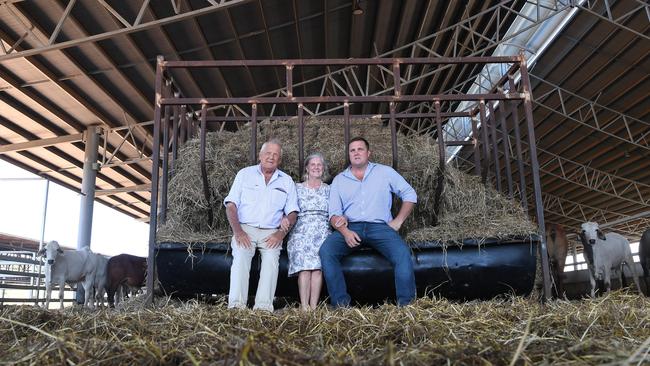
The ruling paves the way for litigants, led by the NT’s Brett family of Brett Cattle Company, to be compensated a “substantial” amount. The family, who own and run the 189,500ha Waterloo Station 540km southwest of Katherine, suffered losses totalling about $2.5 million due to the ban.
Mr Ludwig’s decision to impose a blanket ban came in response to unprecedented public backlash ignited by dramatic television footage of animal cruelty filmed by animal activists in Indonesian abattoirs.
In 2014, the Brett family, supported by the Australian Farmers’ Fighting Fund and the NT Cattlemen’s Association, launched legal action using the untested tort of “misfeasance in public office”.
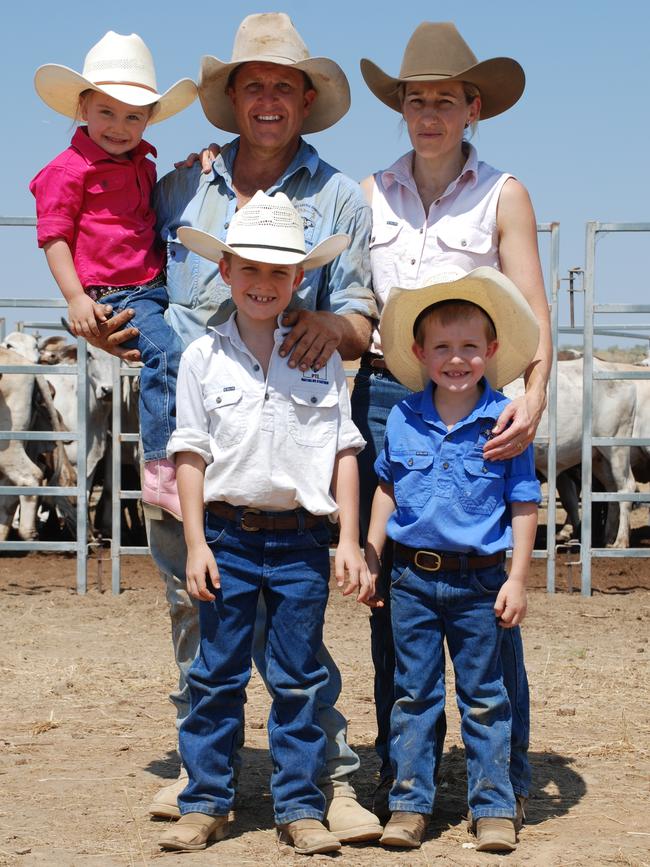
Essentially they argued Mr Ludwig’s blanket ban went too far in the circumstance and was therefore illegal and sought $600 million in compensation for lost income.
Emily Brett, who forged forward with the case alongside her late husband Dougal, said she was “overwhelmed” by the decision and only wished he could be with her to witness the historic day.
Dougal died in a helicopter crash in 2015.
“This case was to make sure this doesn’t happen again, that no other business or industry has to go through what we had to go through, effectively shut down overnight with no time to prepare or plan,” she said.
“It’s been nine years and to be honest I’ve had enough, this has been the hugest fight and I’ve had to go through a lot in the middle of it. I’ve just had enough, I just want closure now.”
Former Northern Territory Cattlemen’s Association chief executive Tracey Hayes, who stood by the Brett family throughout the process, told the Federal Government that it should not even think about appealing the court’s decision.
“In relation to an appeal, please don’t,” she said. “The legal case was about a reckless government decision, and its devastating impact.
“Today, regardless of the result, each government at every level, and the decision making process is on notice.”
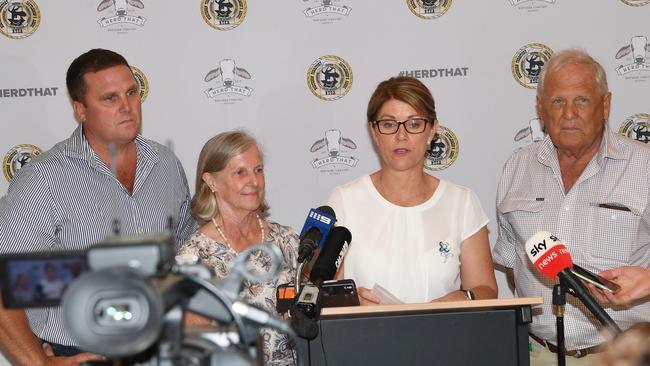
Agriculture Minister David Littleproud, in a short statement yesterday, acknowledged the decision and said that the Government would now “carefully work through the judgement before making any further comment.
Shadow agriculture minister Joel Fitzgibbon, whose predecessor made the 2011 decision, said he stood by the comments he made when he first took on the portfolio.
Mr Fitzgibbon at the time expressed his “deep regret” at the economic impact the decision had on producers and the wider industry.
The Federal Court will sit on June 29 to discuss compensation costs.
HOW “INVALID” LIVE CATTLE BAN ORDER UNFOLDED IN 2011
THERE is one missing link in the series of events that led to then agriculture minister’s Joe Ludwig’s decision in 2011 to impose a blanket ban on live cattle export to Indonesia – what happened at the Cabinet meeting on June 6.
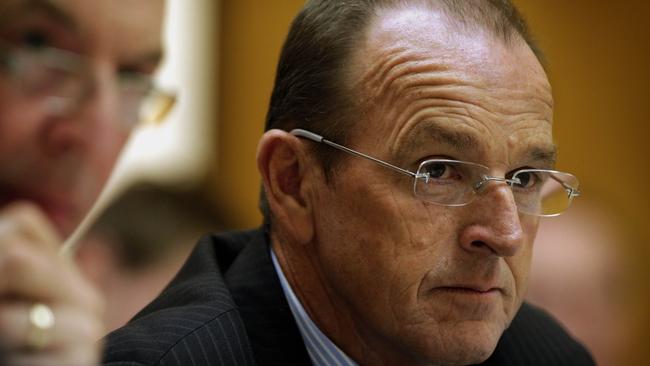
Federal Court Justice Steven Rares, detailing the timeline of the case, noted Mr Ludwig did not put in any documents about the unfolding live export political crisis before the meeting with his Gillard government frontbench colleagues.
It was after this meeting, according to Justice Rares’ verdict, that Mr Ludwig decided to impose a complete suspension of livestock exports to Indonesia despite knowing the impact it would have to the industry and having no legal advice that he could do this lawfully.
• May 30: ABC’s Four Corners investigation unveils “appalling cruelty to cattle” in Indonesian slaughterhouses, sparking immediate public furore and a major political crisis.
• May 31: Agriculture minister Joe Ludwig announces he had put in place steps to suspend exports to those facilities.
• June 2: Export of livestock to those 12 facilities officially suspended.
• June 2: Mr Ludwig meets with heads of agriculture lobby group Meat and Livestock Australia and National Farmers Federation.
• June 3: Public outrage builds.
• June 4-5: Ministerial staff and Department seek urgent legal advice about temporary ban on trade with Indonesia.
• June 5: Prime Minister’s Office expresses concern about the matter going to Cabinet without advice on impact of Indonesian trade ban.
• June 5: Mr Ludwig and his office seek information about cost of compensation if ban imposed, impact to animal welfare, and economic hit.
• June 6: Mr Ludwig goes into Cabinet meeting without proper advice on how to frame the order within law.
• June 7: Mr Ludwig signs the ban order.
• June 8: Ban order comes into effect.

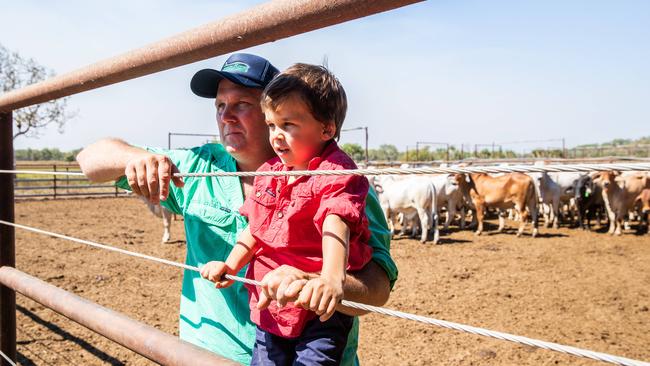
Add your comment to this story
To join the conversation, please log in. Don't have an account? Register
Join the conversation, you are commenting as Logout
Unpacked: The Kumanjayi Walker coronial inquest findings
After almost three years since it began, the inquest into the death of Kumanjayi Walker has finished. So, what did Coroner Elisabeth Armitage find out – and will it bring change?
The Stem Academy helping young Indigenous women beat the odds
In the NT, the percentage of Indigenous students who stay in school is the lowest in Australia at 33 per cent but the Young Indigenous Women’s Stem Academy is changing that.